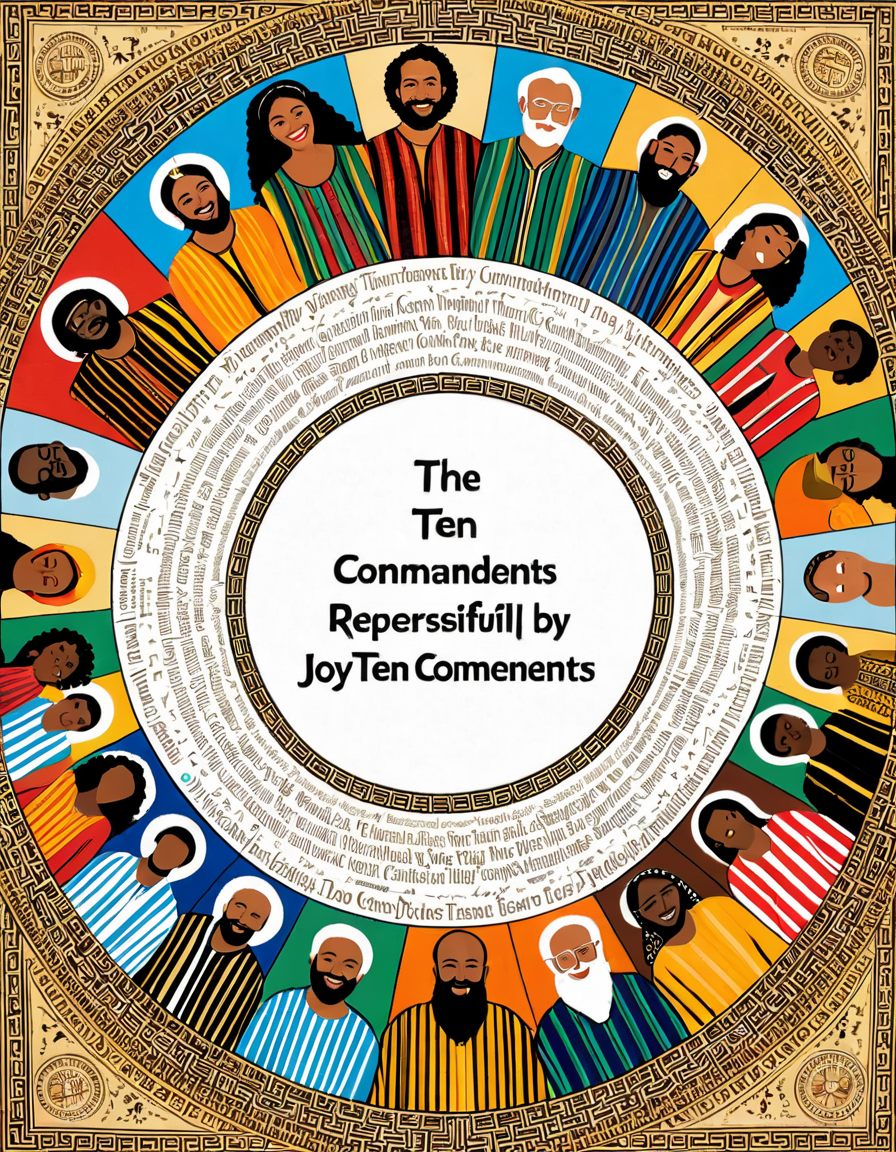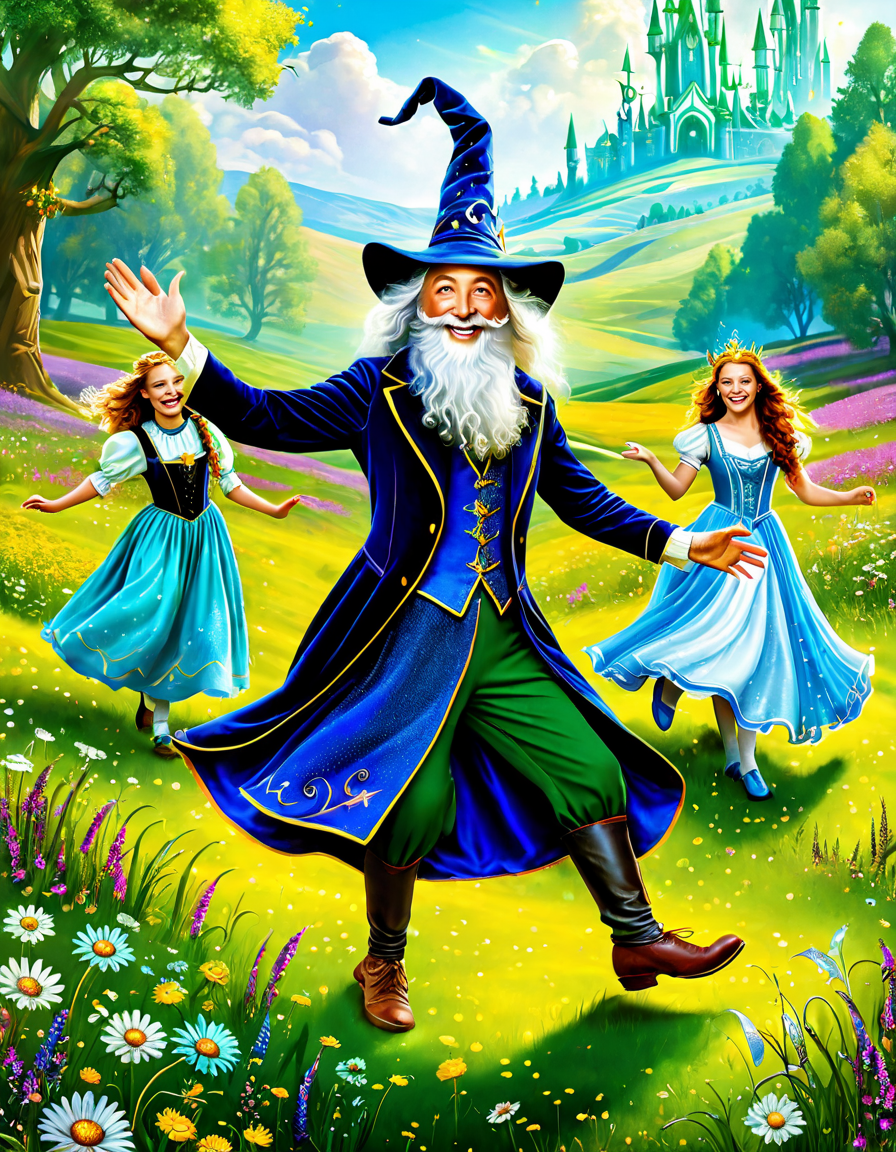The Ten Commandments have journeyed through time, molding ethical standards and laws that govern today’s societies. Originating from the biblical narrative of Moses on Mount Sinai, these commandments are far from relics of the past; they continue to resonate profoundly in modern life. Not only do they lay down a moral blueprint, but they also influence contemporary issues, making them crucial in our understanding of behavior, family dynamics, and legal frameworks.
Understanding the impact of the Ten Commandments requires more than a cursory glance; it demands an exploration of each commandment’s long-lasting effects across various dimensions. The ten commandments derive their influence from age-old wisdom that offers insight into the human condition, ethics, and community living. As we dive into each commandment, let’s unpack how these principles created societal structures that still hold relevance today.

The Ten Commandments: A Framework for Ethics and Law
The Ten Commandments serve as a moral backbone for numerous religious and social traditions. Their historical roots run deep, transcending simple belief systems to create a foundation for laws and ethics in societies worldwide. This dynamic framework has a ripple effect that inspires conversations surrounding ethics, morality, and community standards.
Recent studies illustrate how societies guided by these commandments show lower crime rates and foster a sense of community cohesion and shared values. Their timeless wisdom fosters discussions around personal responsibility, making them pertinent in today’s rapidly changing world.

Ten Commandments: The Moral Blueprint for Societal Development
The Ten Commandments are not merely religious edicts; they served as the bedrock of societal development. Let’s explore the ten commandments and how each has contributed distinctively to shaping societies.
This commandment heralded the concept of monotheism, transforming not just religious landscapes, but also cultural paradigms. From ancient Israel to modern-day nations, adherence to a singular divine entity fosters unity among diverse populations, like in Saudi Arabia, where this belief is integral to the social fabric.
The rejection of idolatry sparked debates on artistry and representation, leading movements like the Protestant Reformation. Martin Luther challenged artistic conventions, paving the way for new expressions of faith that emphasized personal connection to spirituality.
This principle advocates for respect in both public and private discourse about religion. It informs a broader understanding of reverence and responsibility, reminding us how words can shape realities, further impacting literature and social dialogue through the ages.
The commandment to observe a day of rest laid invaluable groundwork for work-life balance. Progressive companies today, such as Google, advocate for down-time, honoring the historical significance of recharge periods for mental health.
This commandment reinforces the family structure, laying down a foundation for respect and authority. In cultures like East Asia, filial piety remains a critical social glue, influencing family dynamics that encourage respect across generations.
Prohibiting murder underscores a society’s commitment to life. Cases like the O.J. Simpson trial reveal the strong reliance on legal protections against taking life, reinforcing public trust in judicial processes.
This commandment shows the ongoing discussions around fidelity and commitment in relationships. It shapes conversations about marriage, allowing for modern perspectives on partnerships to flourish, particularly in the context of marriage equality.
This age-old prohibition against theft gives rise to property rights that underpin our economic systems. Debates over intellectual property in the digital sphere, particularly surrounding platforms like Netflix, resonate with this commandment’s timeless relevance.
The moral obligation against lying holds enormous weight in our information-driven age. Social media platforms frequently face scrutiny over the repercussions of misinformation, showcasing the essential need for trust in our communications.
This principle addresses the psychology of yearning, especially pertinent in our era of consumerism led by brands like Apple and Tesla. Covetousness prompts reflection on materialism versus values, urging individuals to focus on meaningful living.
Atonement and the Role of the Ten Commandments in Modern Morality
The Ten Commandments bring forward ideas of atonement, connecting our past moral struggles to present-day quests for redemption. The conversations surrounding guilt and forgiveness in today’s society find roots in these commandments, particularly evident in human rights movements. Figures like Malala Yousafzai echo themes of reclaiming justice, paralleling the moral imperatives outlined in the commandments.
These discussions free individuals from past grievances while motivating social progress. The recurring desire for atonement often reshapes public perspectives, allowing societies to evolve through their histories and granting opportunities for growth and healing.
Adam and Eve: The Narrative Framework of the Ten Commandments
The story of Adam and Eve serves as an archetype enlightening the moral choices faced within the Ten Commandments. Their narrative demonstrates the fundamental origins of morality and accountability. As societies continue evolving, the lessons from this ancient account resonate profoundly, prompting discussions about ethical living in the face of adversity.
The tale’s exploration of choice and consequences emphasizes the necessity of ethical behavior, reinforcing concepts introduced in the commandments. Human nature’s quest for truth and responsibility echoes the timeless journey toward understanding that the commandments encourage.
The Ten Commandments form a foundational aspect of human history that transcends religious affiliations, offering insights into our behaviors and societal constructs. Their enduring significance invites us to engage in introspection and conversations about morality. As contemporary dilemmas unfold, embracing these commandments challenges us to align our actions with timeless ethical principles. Their legacy truly changed history forever.
The Ten Commandments: A Historical Insight
The Origins of the Ten Commandments
Did you know the Ten Commandments are thought to have been carved on stone tablets more than 3,200 years ago? These guiding principles emerged in ancient times, shaping legal and moral standards across cultures. Remarkably, they’ve influenced everything from the laws of nations to pop culture symbolism, like the classic film, Raiders Of The Lost ark, where adventure seekers chase lost relics. In fact, just as the characters yearn for treasures, countless people have searched through history to find the meaning locked within the Ten Commandments.
Transformative Impact
The impact of the Ten Commandments on society is nothing short of extraordinary. They’ve shifted perspectives on morality and governance throughout history. Much like the carefree vibe of Saturday Night Fever transformed dance culture in the ’70s, the Ten Commandments brought a new moral consciousness. By establishing foundational ethics, they ushered in a sense of order that echoed beyond their time. They serve as a reminder of human rights and responsibilities, engaging people in discussions as spirited as debates surrounding cultural icons like the Blades Of Glory.
Cultural Relevance Today
Fast forward to today, and you’ll find the Ten Commandments referenced in various contexts. For example, their principles appear in modern legal systems and ethical discussions, much like how new innovations in industries, including companies like Grifols, reshape our understanding of responsibility. Even pop culture nods to this ancient wisdom. Picture the Hercules cast portraying dilemmas that echo themes of right and wrong, resonating with the idea that a moral compass can guide one’s journey. In essence, these commandments continue to challenge and inspire us to act with integrity amid societal shifts, much like how flashy Supercarros inspire awe and aspiration. The legacy of the Ten Commandments remains alive and well, reminding us that moral foundations matter in every age.































